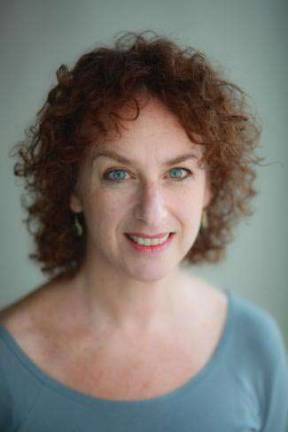The History of Middle Age

At 51, New York Times reporter Patricia Cohen has hit the ubiquitous halfway point for age. But instead of getting older quietly, Cohen decided to write a biography of middle age in her first book, In Our Prime: The Invention of Middle Age (Scribner). She starts at the beginning, roughly a century ago, when middle age first made an appearance; before that time, you were considered a child, an adult or elderly. In 245 richly chronicled pages, Cohen delves into the social, historical and emotional aspects of the term "middle age."
West Side Spirit: What made you decide to write the book? Patricia Cohen: Partly, it was reaching middle age myself-and I have always been interested in history. Since family structures and social traditions have eased so much in our age, I wanted to compare them to previous ones.
It's amazing how deep you go. How did you find your historical starting point? There have been historic studies of childhood and teenagers; adolescence was invented in the same period as middle age. Part of what I did was look back at how those writers went about doing their histories and I used evidence they were using as a sort of guide. Middle age is relatively recent invention, only going back a couple hundred years.
What surprised you the most in your research? I think that even though it seems like a law of nature that has always been there, middle age is such a new idea. Most people think that middle age goes back before the 19th century. I think people find it surprising that it's a relatively modern complex that started to take form in the industrial era.
Many people hit their prime in their forties and fifties. Do you feel this is true in your case? I have one son and I had him when I was 40 years old. It's kind of hard to feel middle-aged when you are changing diapers and looking into preschools. [On a professional level] this is my first book, so I guess that goes along with the idea that you can discover things and do things in middle age, though I feel like I am a late bloomer with that as well.
I like that you said middle age is becoming more of a starting point than a middle point. Do you think this idea will ever be the popular opinion? I don't know. It's hard to imagine to some degree, given our obsession with youth, but as life spans increase and social opinions change, it's possible people will view middle age differently. America is the most youth-obsessed culture in the world, which is the greatest handicap that we associate with middle age. Social changes don't happen over night. There has been some progress made, as I talk about in the book.
How would you suggest one fight the Midlife Industrial Complex, as you describe it? That's really tough. I think that part of what I was looking at was the difficulty of balancing the positive side of self-help with the burden of trying to improve yourself so much that it becomes oppressive. I wanted to remind people that middle age is a story that we tell about ourselves and to remember it's not a fixed law of nature but more of a cultural fiction. Because it's a story we tell about ourselves, it's a story we have the ability to change.